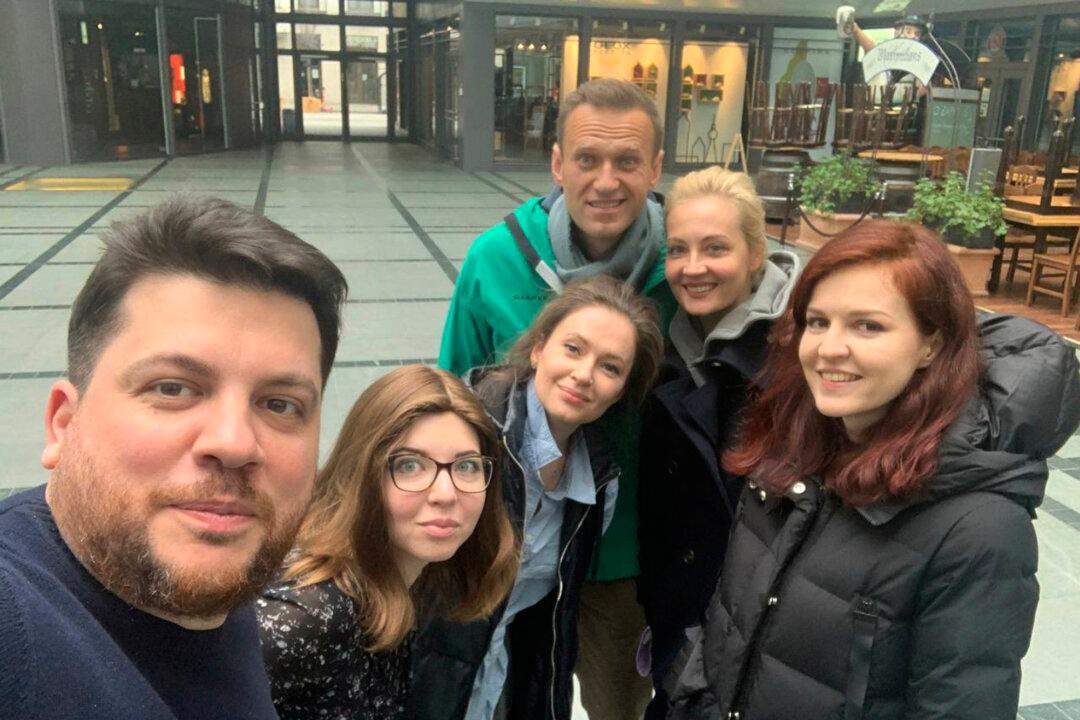MOSCOW — A Moscow court on Feb. 10 ordered the arrest of a top ally of Russian opposition leader Alexei Navalny, although Lithuania, where the associate lives, bluntly rejected the demand to take him into custody.
The action against Leonid Volkov by the Basmanny District Court was seen as part of an effort by authorities to squelch demonstrations demanding the release of Navalny, a top Kremlin foe who has been jailed since Jan. 17.





